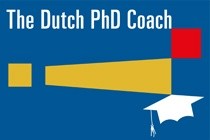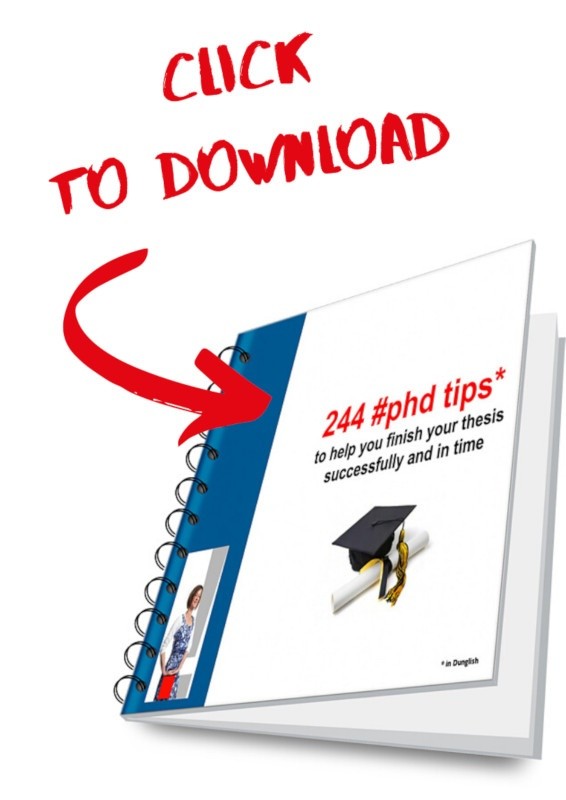Have you ever played the Super Mario game? Then you know that the goal is to rescue Princess Peach by guiding Mario past obstacles and opponents and collecting as many points as possible. To achieve this you have to play through 32 levels.
According to Mark Rober – NASA engineer and You Tube star – Super Mario can also help you to finish your PhD successfully.
How?
Mark Rober explains that the object of the game Super Mario is to save the princess. You have to focus on learning the game, adapting your strategies, improve your navigating skills and then try again. Everything to rescue the princess! The fact that you will die many times along the way, is not important. Striving to reach your goal, so focussing on the princess and not the obstacles and keep on playing whilst learning, is dubbed the Super-Mario-effect.
How can you use the Super-Mario-Effect?
You can use the Super-Mario-Effect straight away in the following ways.
Reframe your PhD
The Super-Mario-Effect is successful because it uses reframing, i.e., giving something another meaning. You reframe stressful and negative experiences in such a way that you want to figure things out and take action.
You haven’t failed when you die in the second level of Super Mario, no, you are learning how to play this level again and avoid the pitfalls. Once you can view your research, a new task, anything challenging as a game you have to perfect, the process will become fun with risks and rewards. So once you can view your PhD as a game, it will become a positive challenge instead of a negative one.
Focus on the prize
With Super Mario you have a desire to stick with the game and win. You want to do it, even knowing the game will be stressful and you will lose many times, but you will stick through the setbacks and continue playing to make sure you will succeed all the levels. Making mistakes is part of the process, they help you to achieve your final goal. So, ask yourself questions like, what worked well, what can I learn from this and do differently next time.
By changing your outlook on your PhD, you ‘force’ your brain to keep on learning.




